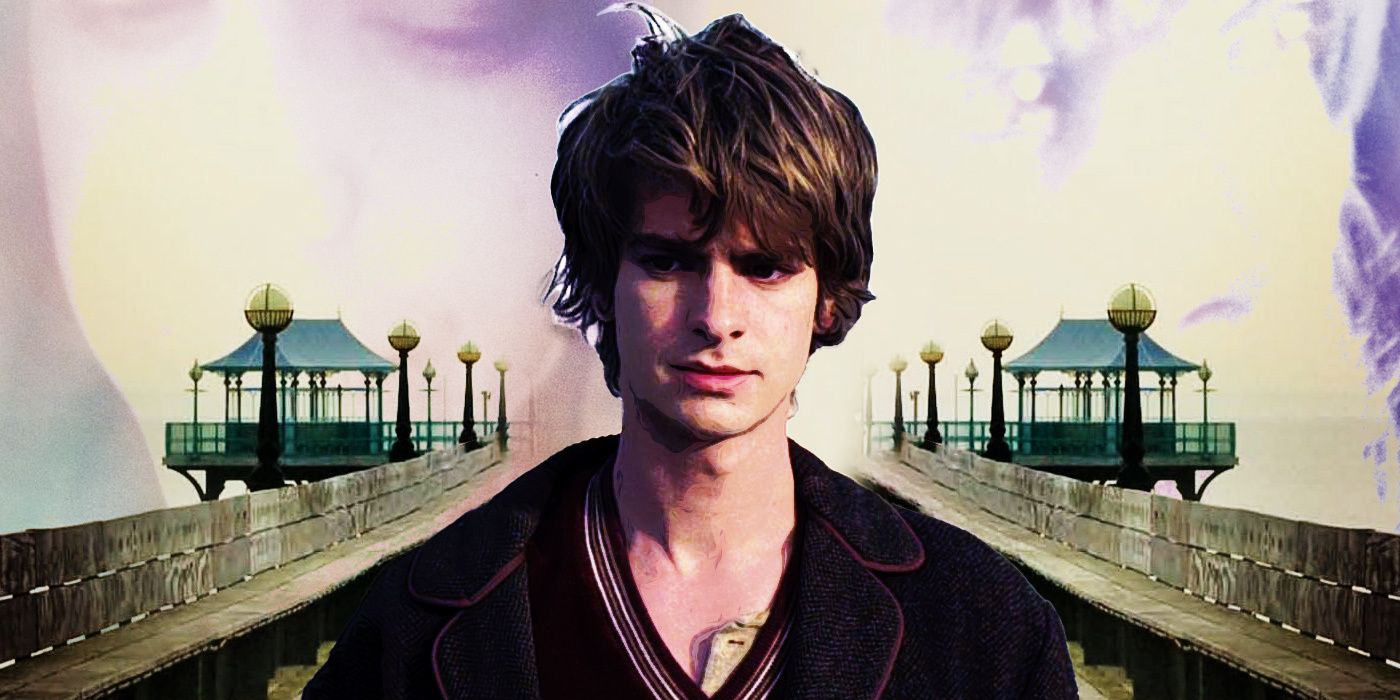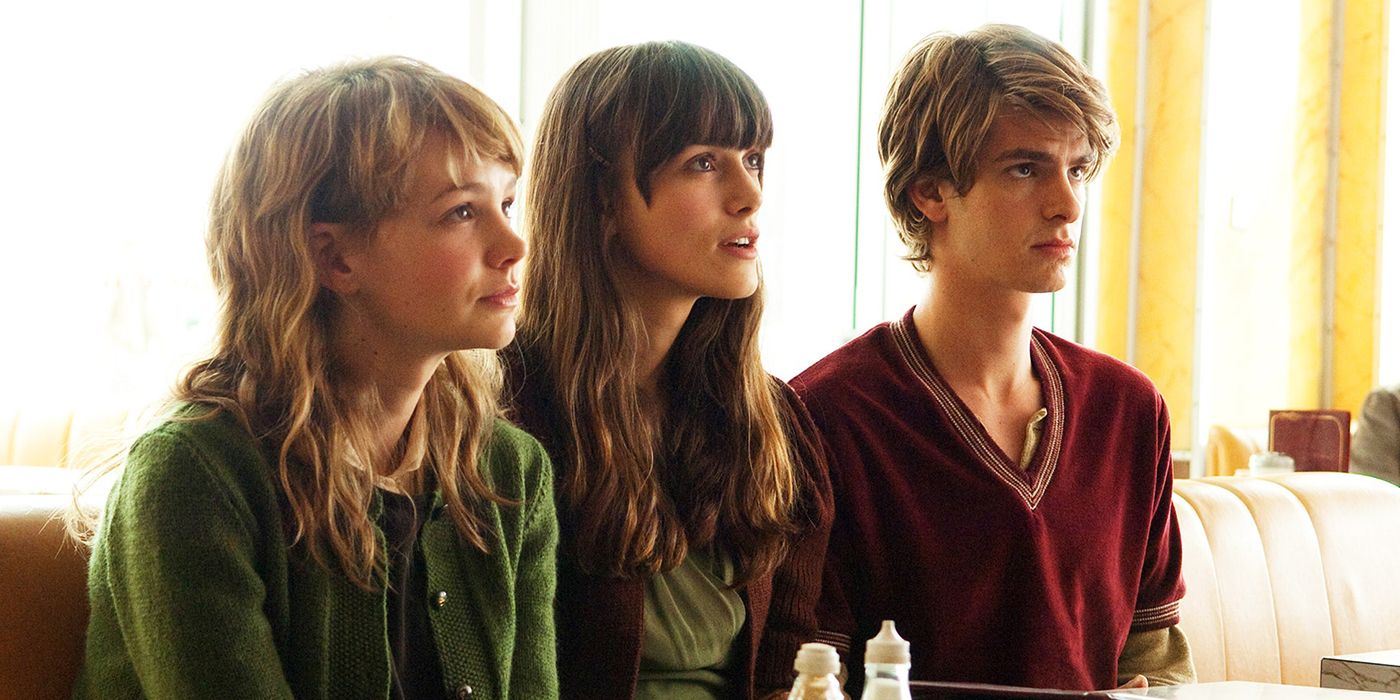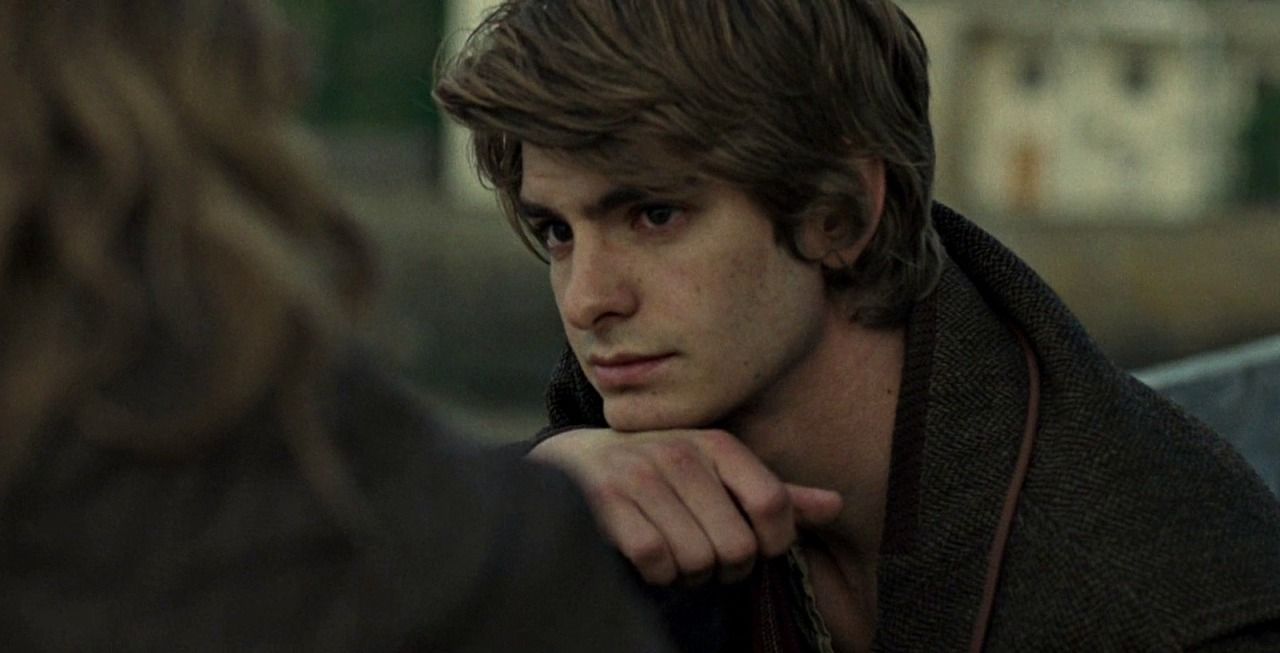Science fiction films are unique in that they tend to be either big budget spectacles, or quieter character-focused tales that use science and technology to make an argument or observation about the world in which we live. Never Let Me Go is one of the latter. The 2010 film based on the novel by Kazuo Ishiguro doesn't feature any of the hallmarks of what typical moviegoers think of as science fiction. There are no spaceships, intergalactic chase sequences, or alien monsters that come to wreak havoc on Earth. Instead, director Mark Romanek (One Hour Photo) and screenwriter Alex Garland (Ex Machina) choose to focus the film on the emotions of its characters to create a somber (and heart-wrenching) meditation on grief, acceptance, and whether we actually have control over our fate — not to mention an incredibly interesting use of clones as a metaphor.
Now that FX is developing a television series based on the film with original producers Andrew MacDonald and Allon Reich set to return, Never Let Me Go's weighty themes and metaphors are worth revisiting. Plot and cast details — and if the series will connect to the film — are currently unknown. But whether it takes place in the same universe as the film or breaks away to forge its own path, the film raises plenty of questions about society, government, and equality to make for a thoughtful and engaging sci-fi series.
The film follows a group of young adult friends — Kathy (Carey Mulligan), Tommy (Andrew Garfield), and Ruth (Keira Knightley) — through their time at a mysterious boarding school called Hailsham, as well as their adult lives after leaving the school. But rather than being full of joy and excitement for the lives ahead of them, each of the friends is filled with melancholy and despondency, with no hope for their futures. And as the film drops its big reveal, it's easy to see why. It turns out that Kathy, Tommy, and Ruth (and everyone else at Hailsham) are actually clones who have only been created so that they're able to serve as organ donors to their "originals." When they give their remaining organs to their original, they "complete" (die).
Rather than utilizing the clone motif for shock value or special effects-laden sci-fi, it’s a much quieter (and contemplative) concept here. The film uses the idea of clones as a metaphor for how bleak life can be (and alter our capacity for hope) when we are controlled by scientific and governmental entities who make decisions on our behalf. After all, Kathy, Tommy, and Ruth gradually begin to lose hope for their futures as the time of their donations draws nearer. Each of them become resigned to the dark fate to which the doctors and government of their dystopian society has sentenced them. Kathy becomes lonely and Ruth becomes weak and lacking the joy she once had, while Tommy responds with rage and disbelief that his life has been manipulated all along. They know they're being controlled, which leads them to have a lack of optimism for a better tomorrow or planning of their futures. What's the point of making friends, nurturing relationships, or striving for professional or familial growth when it could all be taken away at a moment's notice? Their status as living organ donors ensures that nothing — not happiness, not love, not the future itself — is guaranteed.
Their futures have already been written (without their input) which directly causes the hopelessness they feel in their present. They don't own homes, have children or families, or enjoy careers that allow them to dream and fulfill the potential that each of them possesses. Society has stripped this from them. Because they haven’t been given a chance to be independent, to be free and have freedom to live their own lives and make their own mistakes, their lives are reduced to a bleak countdown to the eventual day when they “complete”.
Here, it's easy to see the metaphor for our own reality. Whether in pharmaceutical companies who criminally raise the prices of essential prescriptions, political entities who repress basic rights of voting and housing for minority groups, or governments’ attempted censorship of free speech both in the real world and on social media, our realities aren't always that far removed from that of Kathy, Tommy, and Ruth. The biggest and most powerful entities attempt to assert the most control. It’s easy for happiness to fade, and for hope to be extinguished, when we’re not the ones in control of making our own decisions, either for our mental or physical health. And just like the trio of friends, when we’re not afforded the chance to advocate for ourselves and choose what happens to our own bodies, our own thoughts, and our own present, it’s easy to lose hope for a future that you don’t see as promising.
In the film, Tommy begins creating artwork due to his belief that it will earn him a deferral of his organ donations. He's not creating art to express himself, or because he feels a calling to be creative, or even because he likes it. He's using it as an avenue not to heal a painful present but to prolong the inevitable future. The film asks us to consider the things that we don't truly love or believe in that we only do because society has convinced us it will benefit our futures. Do we subscribe to new medical practices because we've been told they'll make us happier and healthier? Do we buy the newest electronic gadgets because we've been convinced we must fit in with our peers? Does any of it truly make us happy, or does it only place a Band-Aid on a wound, much like Tommy's dreams of deferral?
If we haven't been affected enough by societal control over our minds, bodies, or health, it's easy to imagine that it's not an existing issue. After all, it's easy to look the other way when it's not happening to you. But it does happen, and not just in the fiction of the silver screen. Never Let Me Go is a testament to the idea that when we are unwillingly bound to the institutions making decisions about the people they have been sworn to protect and govern, it's easy for hope of a better tomorrow to fade or even be extinguished completely. The future is precious because it's never guaranteed. But regardless of power, both the small and the mighty have the same fate. After all, as Kathy realizes, in the end "we all complete."



